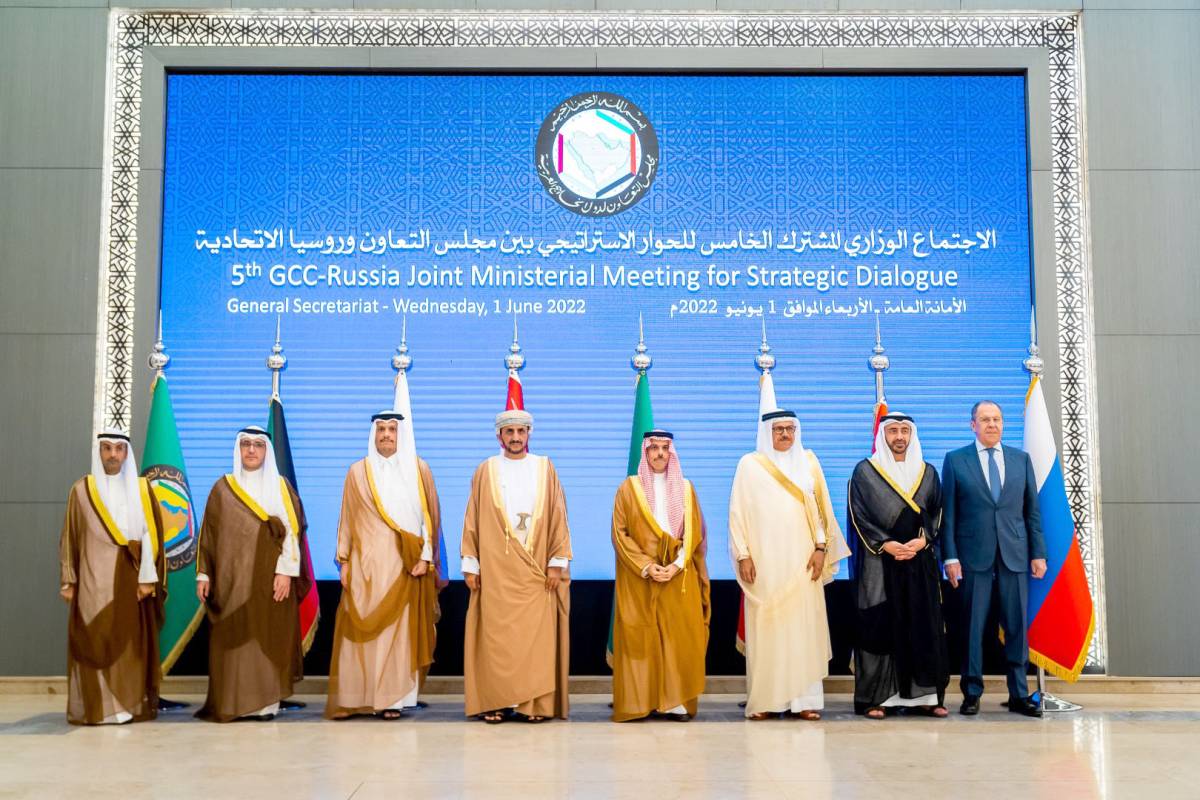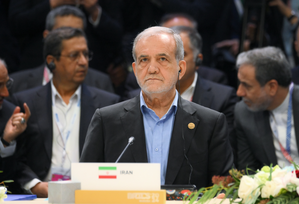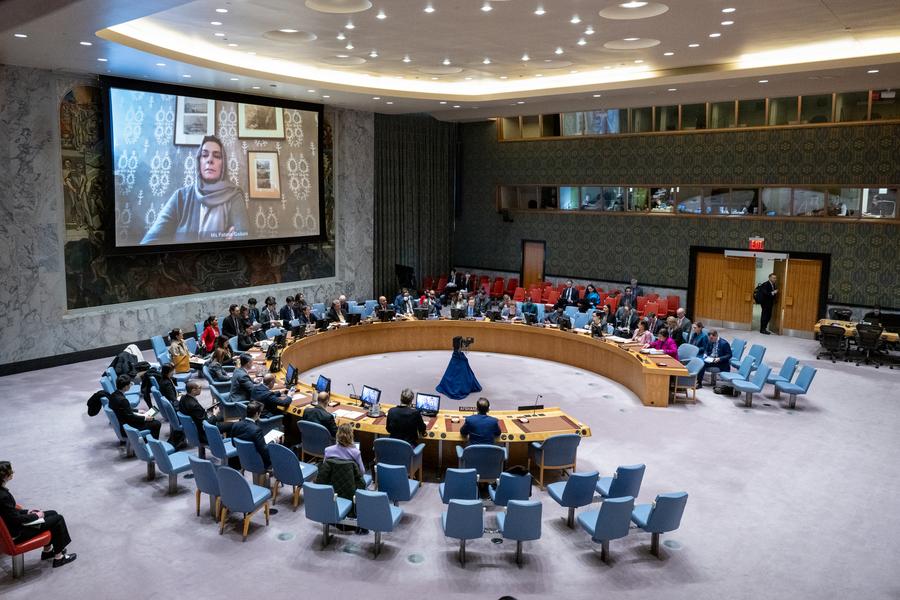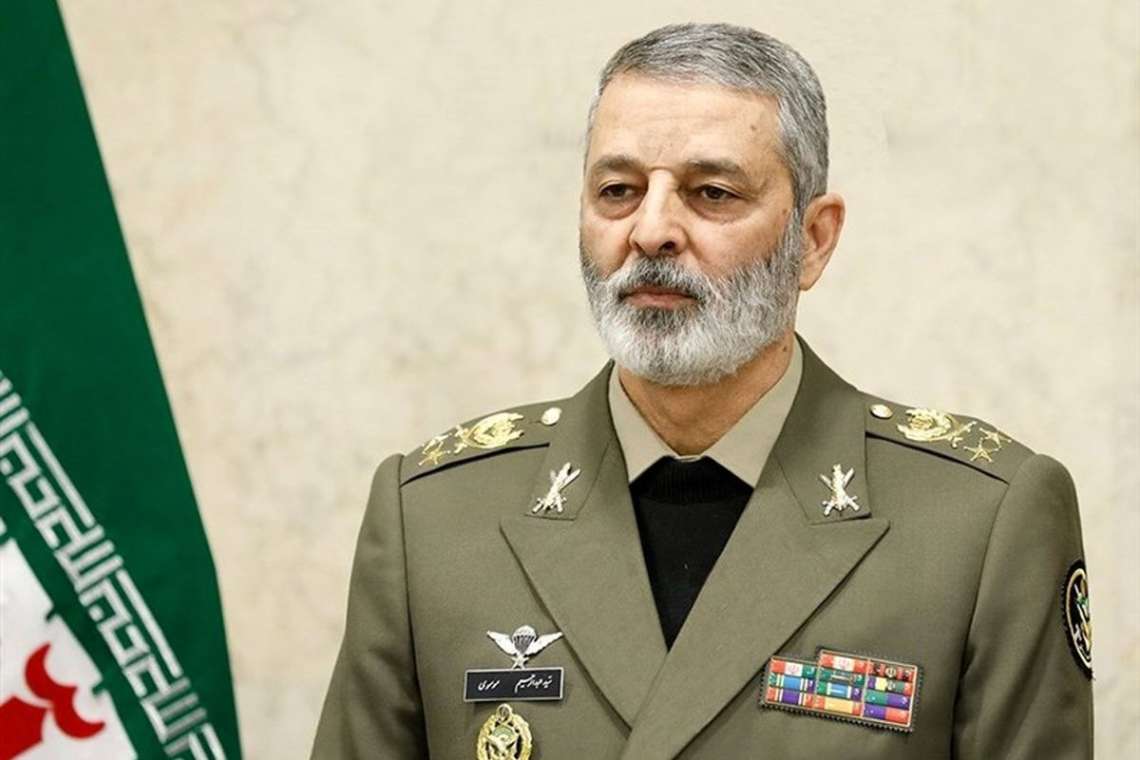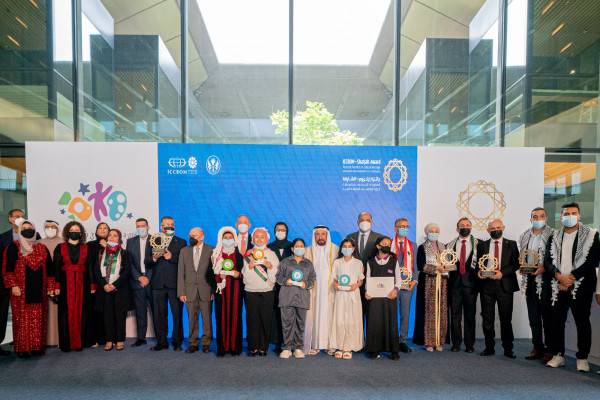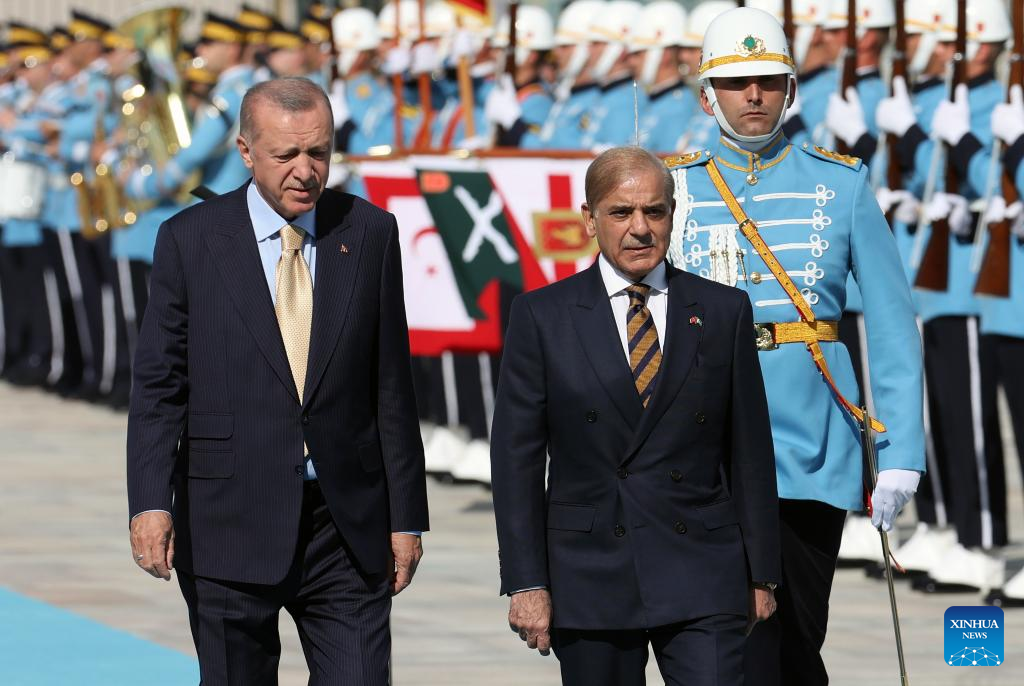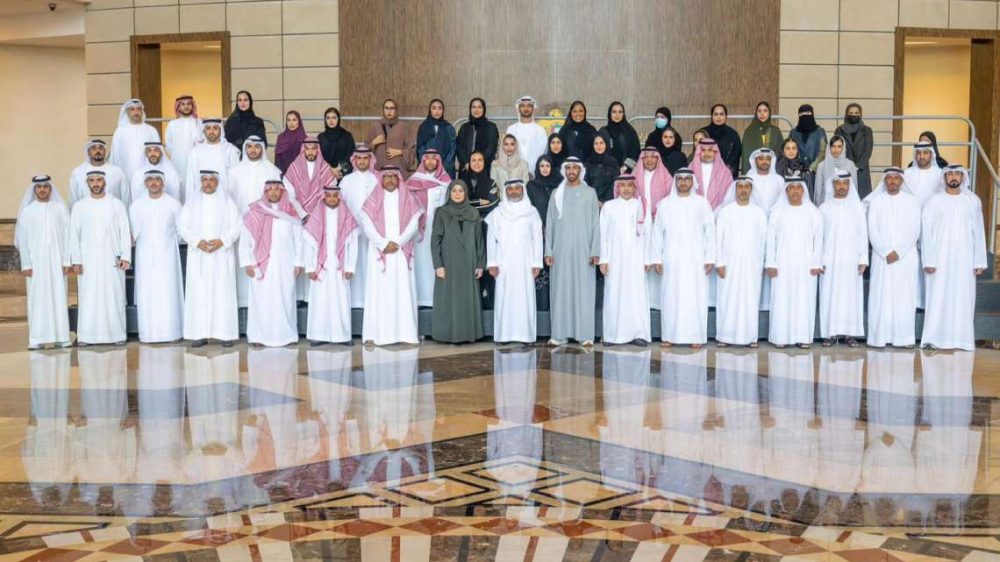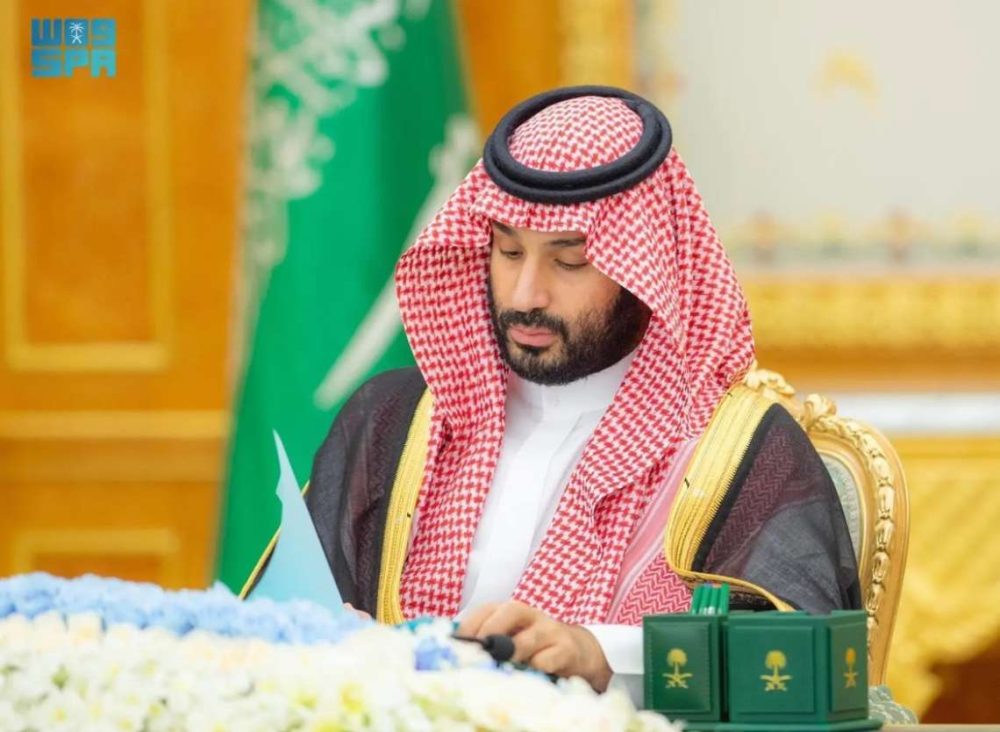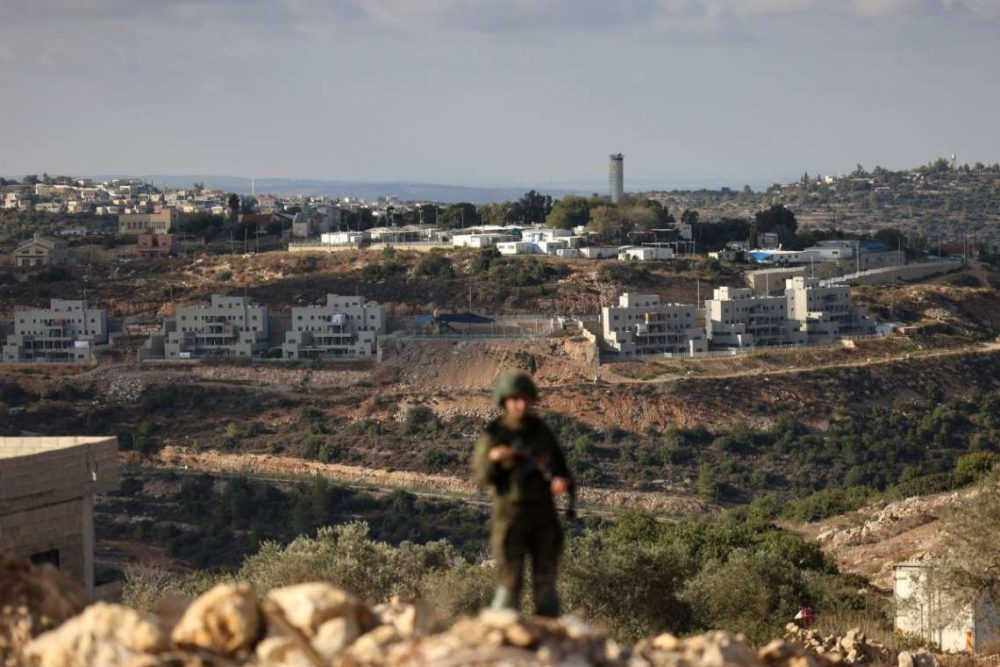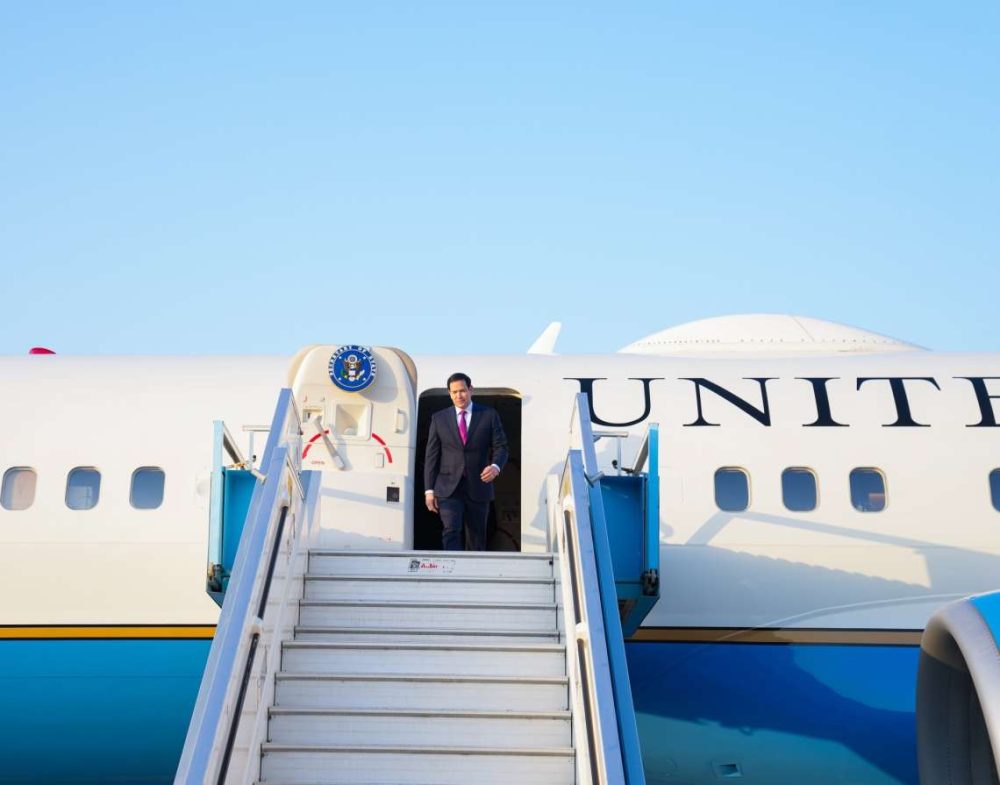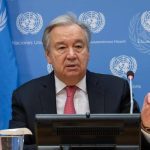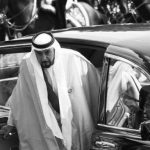Tehran says the latest “destructive” statement proves GCC’s “strategic bewilderment”
Iran on Thursday slammed the anti-Iran statement by the Gulf Cooperation Council (GCC) as “repetitive” and “destructive,” and said such a statement shows the “entirely wrong” approach and “strategic bewilderment” toward Iran by some member states.
Such “threadbare” GCC statements fail to have any other function but create regional tensions, and are apparently aimed at “neutralizing” the outcomes of the Islamic republic’s diplomatic move and interactions with neighbors, friendly states and partners, said Iranian Foreign Ministry spokesman Saeed Khatibzadeh.
On Wednesday, the GCC’s Ministerial Council held its 152nd session in Saudi Arabia’s capital Riyadh. In a statement issued at the end of the meeting, the GCC criticized Iran’s regional strategies and missile program.
Commenting on the request by some GCC member states to be part of the talks on the revival of the 2015 nuclear deal, Khatibzadeh said the 2015 agreement and the UN Resolution 2231 have made it clear which countries are the signatories to the international treaty and can take part in the negotiations. Therefore, making such requests, Khatibzadeh said, only demonstrates the depth of the council’s failure to see the realities.
The GCC has turned into the biggest arsenal of U.S. and Western arms and ammunition and is in no position to pass comments on Iran’s defensive missile program and military and defense policies, he added.
Ship’s Seizure
Khatibzadeh also rejected the recent statements by France and Germany on Iran’s seizure of two Greek tankers in the Gulf.
“We strongly reject the issuance of such one-sided and unjustifiable statements, which seem to have become a constant habit among its producers,” said Khatibzadeh in a statement.
He asked the French and German governments to support international litigation aimed at ensuring freedom of navigation and maritime security, instead of “supporting violations committed by the Greek ships.”
“Such improper interference in the independent judicial processes of our country will not help resolve the issues, so as we have told the Greek authorities, it is appropriate to resolve the issues through our country’s legal and judicial authorities, instead of resorting to political and media means,” the spokesman said.
Iran’s Islamic Revolution Guards Corps seized two Greek oil tankers in the Gulf on Friday, for what it calls a “violation” of maritime regulations, days after a Russia-operated ship was captured by Greece in its territorial waters with its Iranian crude cargo confiscated by the United States.
Talks with the US
The Iranian Foreign Ministry spokesman blamed U.S. “indecision” for the present pause in the Vienna nuke talks, saying if Washington stops its “hesitation” and makes its political decision, there will be no deadlock in the negotiations and the agreement can be finalized.
Making the remarks at a regular press conference, Saeed Khatibzadeh added the hiatus in the talks is due to a lack of U.S. response to the initiatives proposed by Iran and Europe, according to the official news agency IRNA.
He noted that messages have been exchanged between the sides over the past days, but the United States has yet to give the expected responses.
“We should wait and see when the United States would intend to announce its decision,” Khatibzadeh said.
ALSO READ: Iran sees breakthrough in Gulf Arab ties
He stressed that the focus of the negotiations is on issues about ensuring Iran’s economic interests within the framework of the nuclear deal, formally known as the Joint Comprehensive Plan of Action (JCPOA), and disabling each and every component of U.S. “maximum pressure” campaign.
Iran signed the JCPOA with the world powers in July 2015 accepting to put some curbs on its nuclear program in return for the removal of the sanctions on Tehran. However, former U.S President Donald Trump pulled his country out of the agreement in May 2018 and reimposed unilateral sanctions on Iran, prompting the latter to reduce some of its nuclear commitments under the agreement in retaliation.
Since April 2021, several rounds of talks have been held in the Austrian capital between Iran and the remaining JCPOA parties to revive the deal.
Iran insists on obtaining guarantees from the U.S. government on not to drop the deal again, and calls for lifting the sanctions in a verifiable manner.


